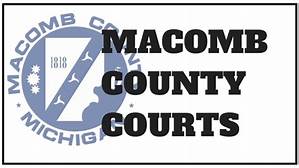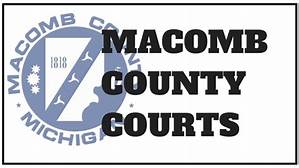Leaving the scene of an accident is a crime in Michigan
The dos and don’ts if you are faced with hit and run for leaving the scene of an accident!
A traffic crash is a traumatic event. We know from our experience as Macomb County criminal defense lawyers that an individual may leave the scene of an accident for various reasons including when someone is driving under the influence. Leaving the scene of an accident is a possible response under certain circumstances when stopping appears to be dangerous or risky. However, many hit and run incidents are related to illegal driving scenarios such as when an individual is driving under the influence (DUI), driving while license suspended (DWLS), driving without insurance or has a warrant for his or her arrest.
Hit and Run is a Criminal Offense
In Michigan, traffic offenses can be charged as civil infractions or as crimes. The offense of leaving the scene of an accident (aka: hit and run, failing to give identification at the scene of a crash) is charged as a crime in Michigan. Along with drunk driving, leaving the scene of an accident is also one of the most prevalent misdemeanor cases that is charged in the Macomb County District Courts. Leaving the scene of an accident is a serious crime that can carry jail, up to 2 years of probation, a fine, court costs and 6 points. Leaving the scene of an accident causing an injury is a more serious crime than one causing property damage. If you get convicted of leaving the scene of an accident a criminal record will be created, 6 points will go on your driving record, you can be placed on probation and get up to 1 year in jail.
Let us explain what you should do if you have left the scene of an accident or if you are charged with leaving the scene of an accident. You should know that talking to the police without getting sound legal advice or pleading guilty without a lawyer are not your best options. You need to also know that employees in the court system are not permitted to give you legal advice. In this publication, and others, we explain why you should be proactive and that hiring a lawyer to fight every traffic ticket is a wise investment.
This publication is based upon our experience handling criminal cases, leaving the scene of an accident and traffic violations in the following Metro Detroit jurisdictions:
- 37th District Warren, Centerline
- 38th District Eastpointe
- 39th District Roseville, Fraser
- 40th District St. Clair Shores
- 41-A District Sterling Heights
- 41-A District Shelby Township, Macomb Township, Utica
- 41-B District Clinton Township, Harrison Township, Mount Clemens
- 42-1 District Romeo, Washington Township, Armada, Richmond, Ray Township
- 42-2 District New Baltimore, Chesterfield Township, Lenox Township, New Haven
- 44th District Court
- 52-4 District
- Grosse Pointe Woods Municipal Court
- Grosse Pointe Farms Municipal Court
- Grosse Pointe Shores Municipal Court
Michigan Driver’s Duties Following an Accident
Pursuant to MCL 257.619, The driver of a vehicle who knows or who has reason to believe that he or she has been involved in an accident with an individual or with another vehicle that is operated or attended by another individual shall do all of the following:
- Give his or her name and address, and the registration number of the vehicle he or she is operating, including the name and address of the owner, to a police officer, the individual struck, or the driver or occupants of the vehicle with which he or she has collided.
- Exhibit his or her operator’s or chauffeur’s license to a police officer, individual struck, or the driver or occupants of the vehicle with which he or she has collided.
- Render to any individual injured in the accident reasonable assistance in securing medical aid or arrange for or provide transportation to any injured individual.
Failing to comply with these duties or failing to stop and give identification at the scene of a crash or leaving the scene of an accident can result in a criminal record, criminal penalties along with administrative sanctions by the Michigan Secretary of State.
Are you facing any of these scenarios?
Do not hesitate to hire a local attorney if you are facing any of these scenarios:
- You have received a ticket for leaving the scene of an accident.
- You have left the scene of an accident and sooner or later will be apprehended.
- You have left your vehicle after an accident and do not know what to do.
An attorney will protect you from making the wrong moves with the police and your insurance company. Don’t be tempted to say that your car was stolen or make up some bogus story that will get you charged with a felony. Once you talk to the police, the police will get names of any witnesses and check out your story . Do you really want to implicate your friends and ask them to lie for you? The police will not tell you that you have a right to remain silent and a right to an attorney unless you have been placed in custody.
You just might not be guilty of anything if you were not aware that an accident occurred or remaining at the scene would have been harmful or obstructed traffic more than necessary.
Leaving the scene to avoid getting nailed for a DUI
It happens more often than you think. After consuming alcohol, a person chooses to operate a vehicle and has an unfortunate accident while behind the wheel. The accident may involve a parked car, another occupied vehicle or be a single vehicle accident. The person knows that he or she is intoxicated and doesn’t want to get hit with a DUI. The person makes a decision to leave the scene of the accident believing that it is far better than sticking around and getting charged with drunk driving. Leaving the scene sometimes works out for the offender and sometimes it doesn’t. The driver that leaves the scene, by abandoning his or her car or driving off, will wind up afraid and anxious trying to figure out what will happen next.
Let us help you get your case under control if you have left the scene of an accident. DO NOT call the police and your insurance company and say that your car has been stolen. You will merely be exposing yourself to a felony charge for insurance fraud and filing a false felony report. Once you contact the police, you will asked for additional information that can be incriminating. Only an attorney can give you an accurate plan everything under control.
What to do if you are charged or have left the scene
If you have received a citation for leaving the scene of an accident, contact a lawyer for representation in the court system. If you are freaking out after leaving the scene of an accident and haven’t been caught yet, contact a lawyer to help you sort it out and establish a solid plan to address all of the following urgent matters:
- Whether or not you should talk to the police.
- Whether an insurance claim should be filed.
- Getting your car out of the impound.
- Dealing with the court system (arraignment, bond, pretrial conference, trial).
You have a right to a lawyer and a right to remain silent!
Let us explain the dos and don’ts if you are faced with any of the above hit and run scenarios:
- DO retain an attorney to speak on your behalf.
- DO get yourself cleaned up, sober and in a better place if you intend to handle the matter with the police without a lawyer.
- DON’T go home if you expect the police know your identity and your residential address.
- DON’T make any statements to the police until you have consulted with a lawyer.
- DON’T send any incriminating text messages to anyone.
- DON’T say anything to your insurance agent until you have consulted with a lawyer.
There are ways for us to truthfully report the matter to the police without ever mentioning that our client was intoxicated the day before. Insurance fraud and filing a false police report are felonies. We will give you a solid plan to deal with the police, the insurance company and the court system without ever getting charged with a drunk driving or lying to the police! We consider it an emergency if you have left the scene of an accident, have not been home for several hours and do not have a clue what you should do next.
Penalties for leaving the scene of an accident
Jail-time, losing your license, insurance issues and getting stuck in the court system for up to 2 years while on probation are all possible penalties for leaving the scene of an accident.
It is a crime to leave the scene of an accident pursuant to MCL 257.617a, which provides as follows:
- 1. Leaving scene causing property damage: The driver of a vehicle who knows or who has reason to believe that he has been involved in an accident upon public or private property that is open to travel by the public shall immediately stop his or her vehicle at the scene of the accident and shall remain there until the requirements of section 619 are fulfilled or immediately report the accident to the nearest or most convenient police agency or officer to fulfill the requirements of section 619(a) and (b) if there is a reasonable and honest belief that remaining at the scene will result in further harm. The stop shall be made without obstructing traffic more than is necessary.
- 2. Leaving scene causing an injury: If an individual violates subsection (1) and the accident results in injury to any individual, the individual is guilty of a misdemeanor punishable by imprisonment for not more than 1 year or a fine of not more than $1,000.00, or both.
Leaving the scene of an injury accident
Leaving the scene of an accident may involve property damage, an injury to another person, or both. There are many factors that can make leaving the scene of an accident more serious. Leaving the scene of an accident involving only property damage with no injuries is a threshold case under the statute. If an injury is involved, the penalties are increased. If an injury occurs and alcohol or drugs are a factor, the offense is likely to be charged a felony, OWI causing an injury, which can carry up to five (5) years in prison. It is the job of an attorney to find ways to minimize the consequences of a more serious charge.
Restitution: Compensation to the victim(s)
Michigan’s restitution statute, MCL 769.1a, gives the court wide discretion to order reimbursement to any victim which arises out of the defendant’s criminal course of conduct. The statute states as follows: when sentencing a defendant, the court shall order that the defendant make full restitution to any victim of the defendant’s course of conduct that gives rise to the conviction or to the victim’s estate. Restitution can include compensation for property damage and injuries such as: collision costs or fair market value of property, medical expenses, cost of psychological treatment to the victim or member of victim’s family and child care!
Restitution can be ordered to be paid during a term of probation. Whenever it is attainable and it will help in negotiations or sentencing, we may encourage our client to pay restitution up front.
Driving off after accident, leaving disabled vehicle at the scene
When the police find a disabled or abandoned vehicle that was in an accident, they are automatically suspicious that the driver was drunk, left the scene to avoid being tested for alcohol and waited to claim the vehicle until after his or her alcohol levels dropped below the legal limit for OWI/DUI. The police will typically put a hold on the vehicle until it is claimed and a statement is made by the owner/driver. This is where an attorney comes in and can talk to the police for you, schedule an interview and arrange to get your car released. If damage is extensive, the vehicle may remain impounded until the insurance company adjusts the damage. DO NOT REPORT THE VEHICLE AS STOLEN! Contacting the police before retaining a lawyer in this scenario is a big mistake. It is far better to let your lawyer do damage control and do all of the talking rather than get caught lying to the police which can lead to other serious felony charges.
 Michigan Criminal Lawyer Blog
Michigan Criminal Lawyer Blog


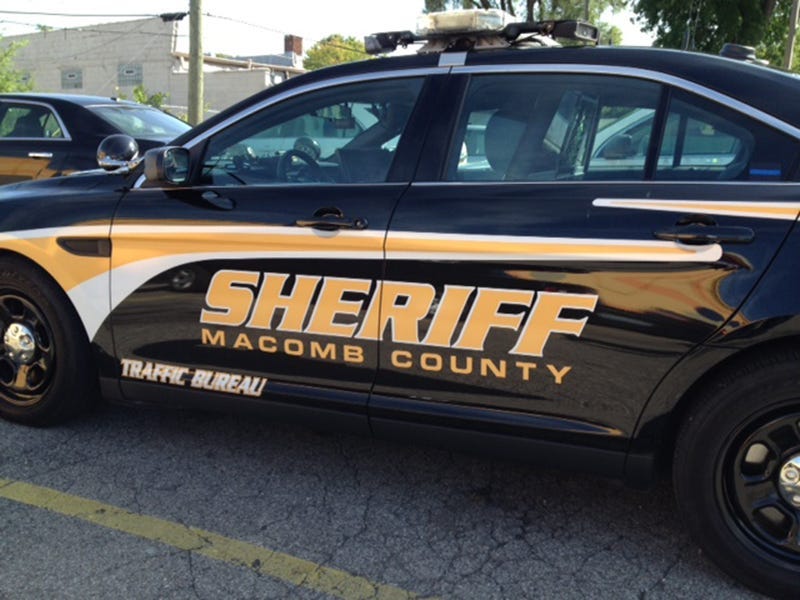


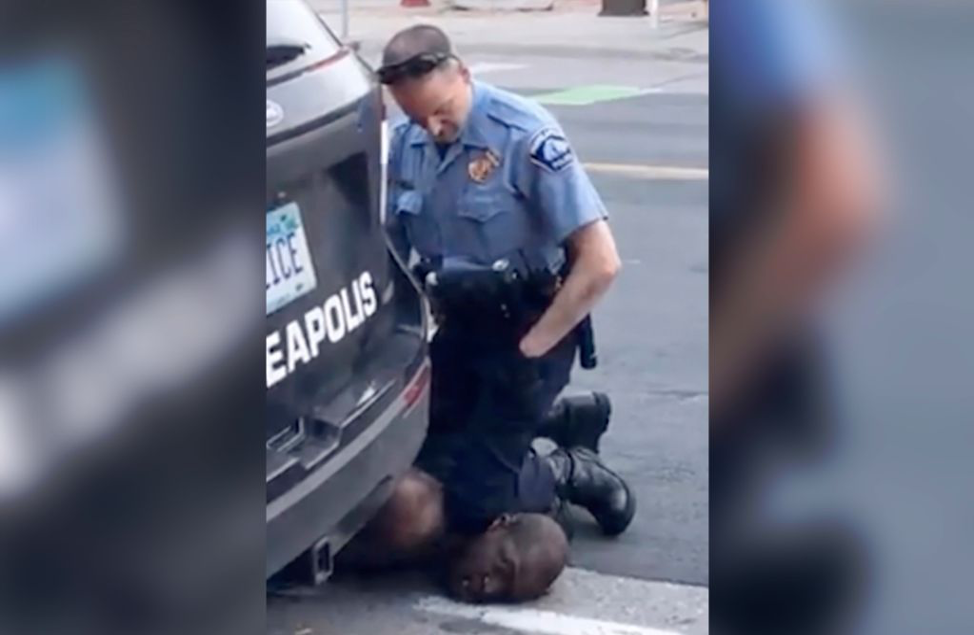
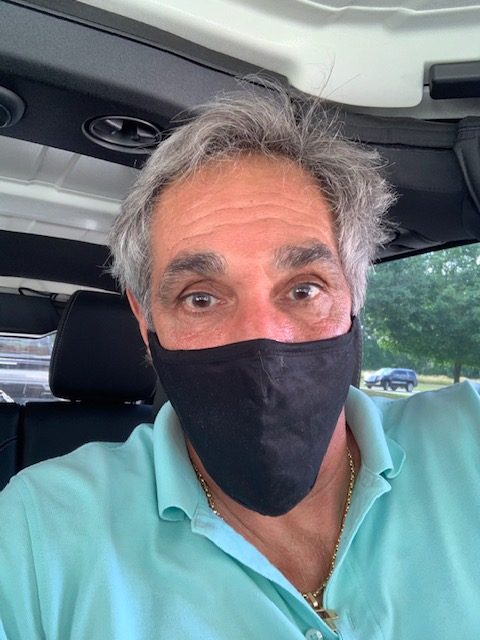 On March 10, 2020, the Michigan Department of Health and Human Services identified the first two presumptive-positive cases of COVID-19 in Michigan. On that same day, I issued Executive Order 2020-4. This order declared a state of emergency across the state of Michigan under section 1 of article 5 of the Michigan Constitution of 1963, the Emergency Management Act, 1976 PA 390, as amended, MCL 30.401-.421, and the Emergency Powers of the Governor Act of 1945, 1945 PA 302, as amended, MCL 10.31-.33.
On March 10, 2020, the Michigan Department of Health and Human Services identified the first two presumptive-positive cases of COVID-19 in Michigan. On that same day, I issued Executive Order 2020-4. This order declared a state of emergency across the state of Michigan under section 1 of article 5 of the Michigan Constitution of 1963, the Emergency Management Act, 1976 PA 390, as amended, MCL 30.401-.421, and the Emergency Powers of the Governor Act of 1945, 1945 PA 302, as amended, MCL 10.31-.33.